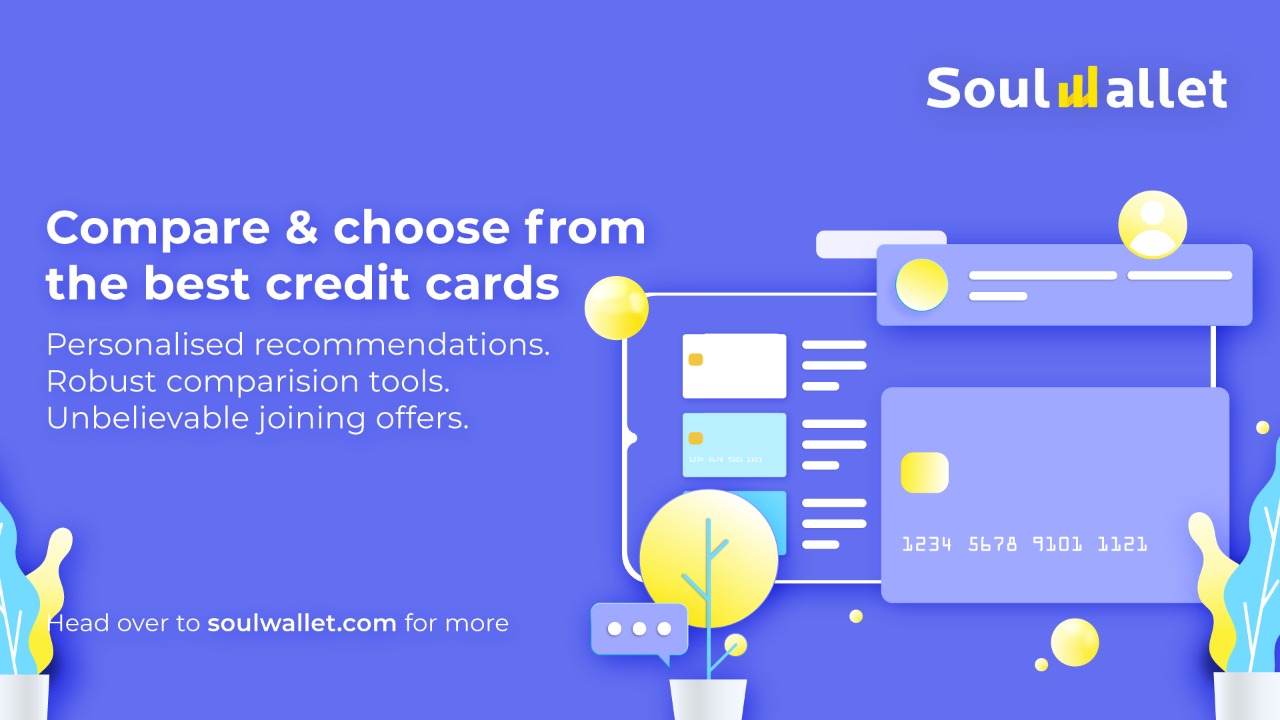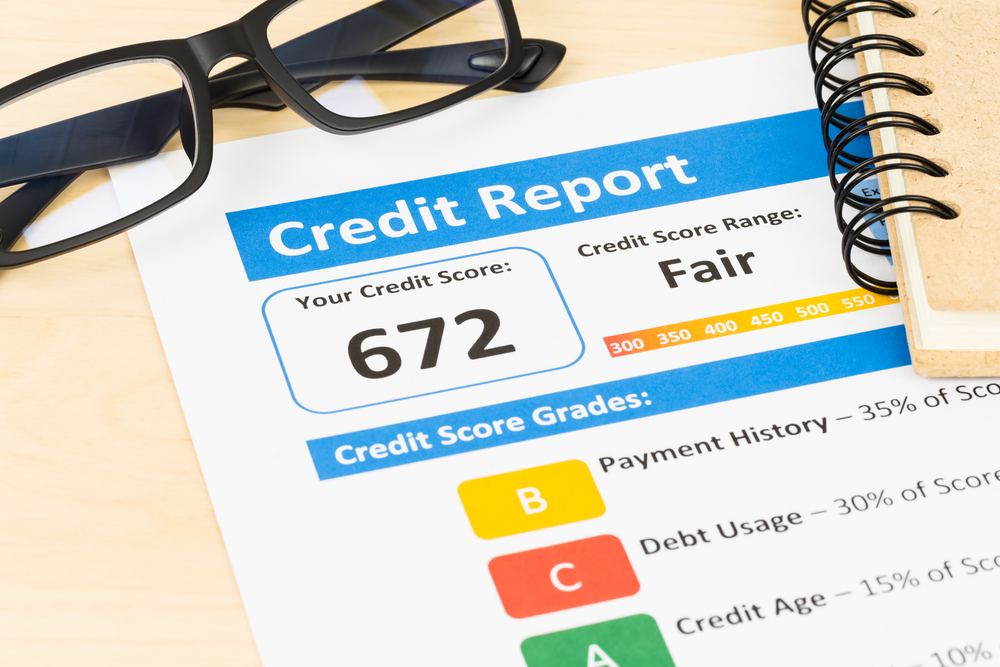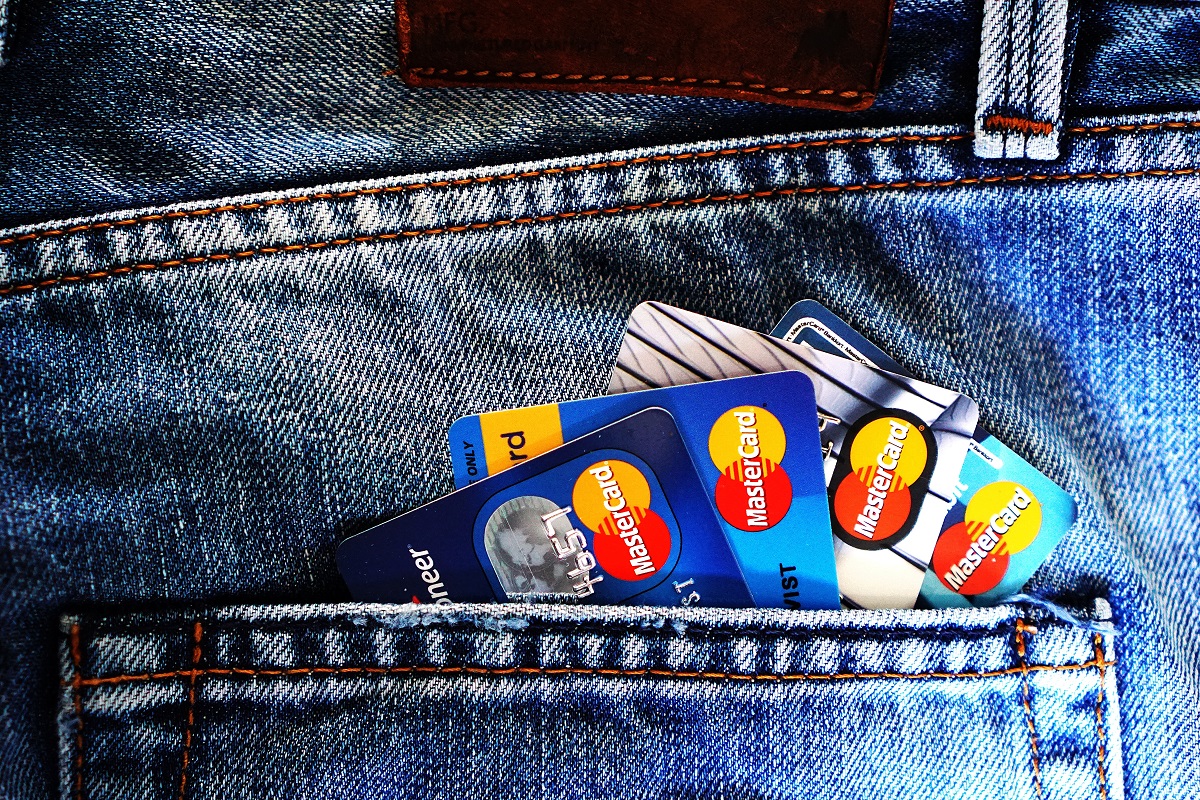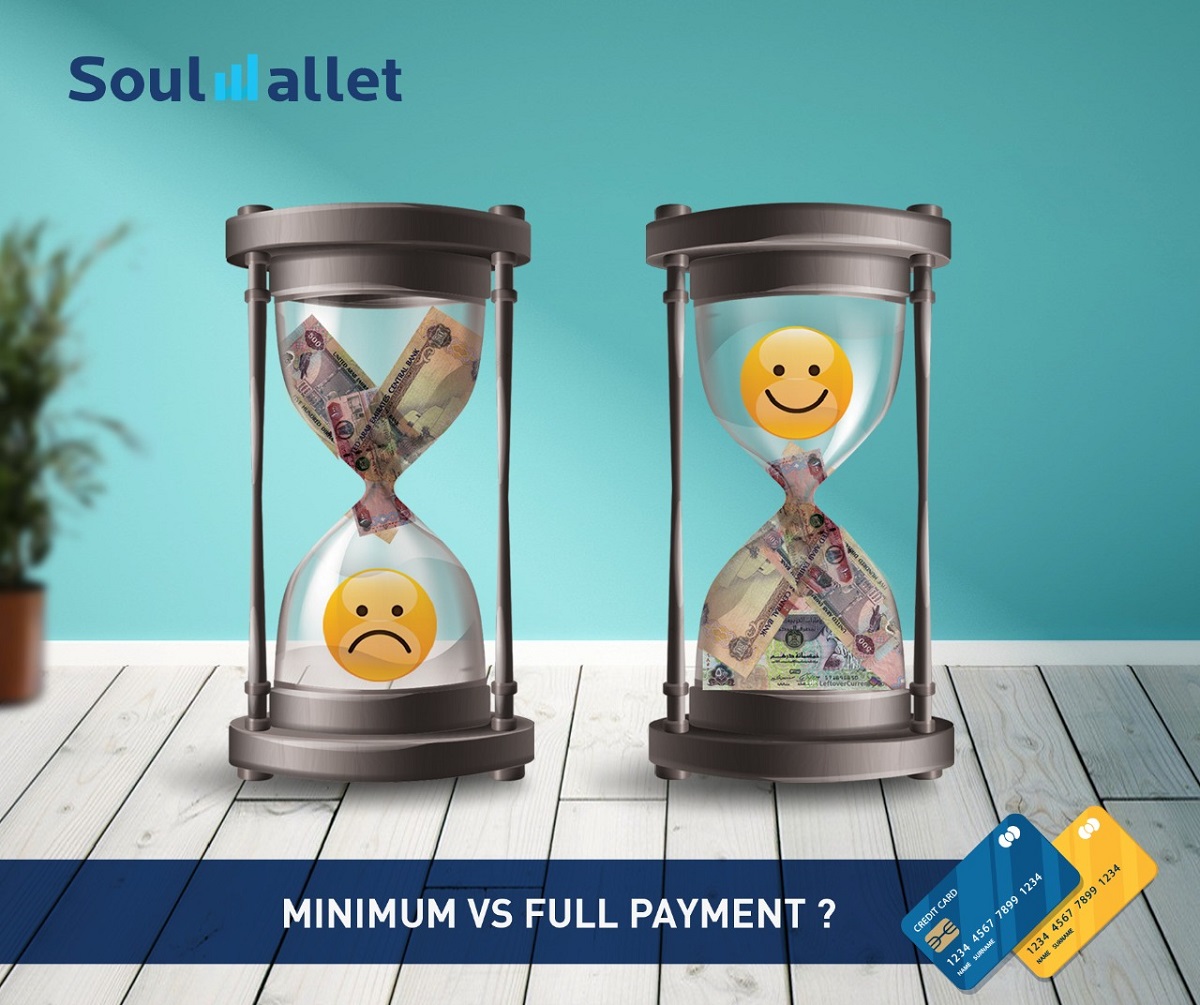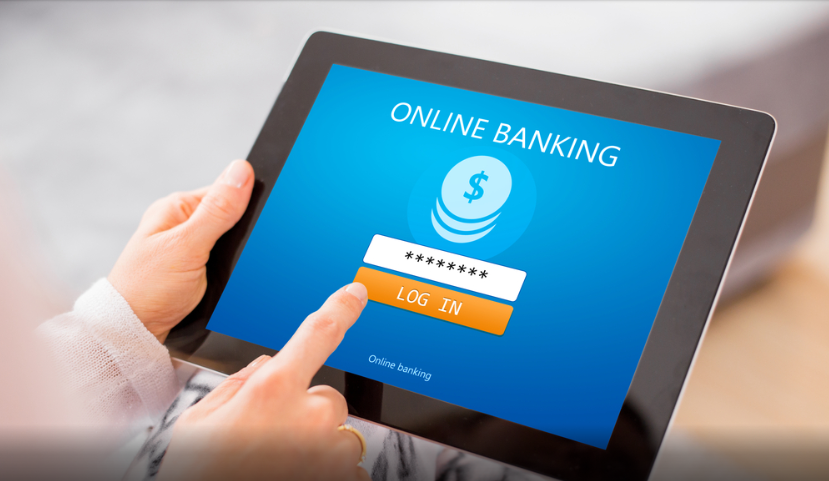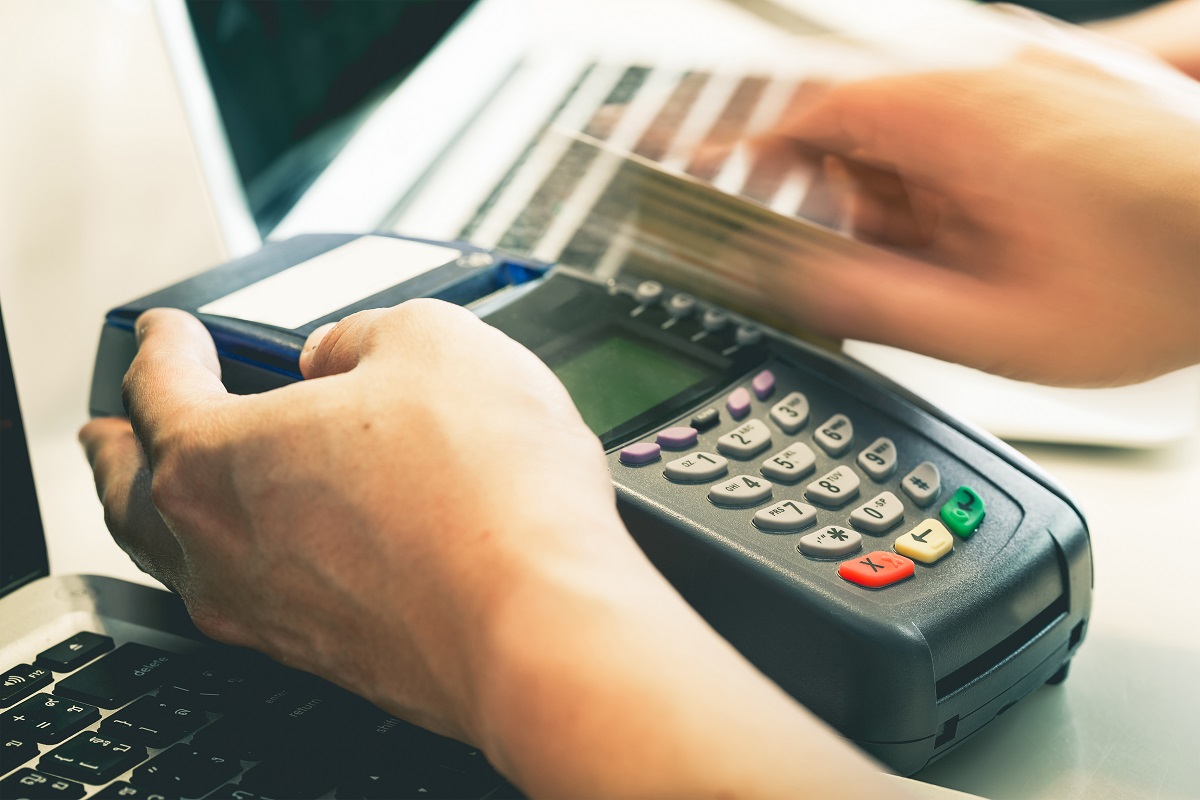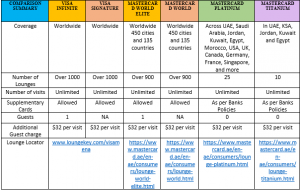Whether you have great credit or are working hard to improve your credit score, you undoubtedly receive plenty of credit card information or application forms in the UAE. The potential offers and rewards are often extremely compelling, whether it is extra points for eating at your favorite restaurant or travel deals that are only available to certain cardholders. Credit cards also have many different terms, and these terms can become all too real if you are behind on a payment.
Therefore, when analyzing which credit cards in UAE to pursue, it is helpful to compare all of the offers that are available to you. This is much easier said than done. However, You may find yourself placing pieces of paper side-to-side or simply choosing a credit card that your friend or sibling likes.
Luckily, there is a better way. We believe that comparison websites are a true game-changer when signing up for a credit card. These websites make it extremely easy to compare different types of credit cards, thereby making it more obvious to you when making your final decision. Everyone from the first-time credit card holder to more experienced borrowers can find immense value from credit card comparison websites.
Below, you will find several key reasons why these websites are so important in today’s financial environment.
A Clean User Interface
As referenced above, credit card comparison websites make it easier and enjoyable to compare different credit card offers. Many websites, in fact, let you place credit cards side-to-side. They make it seamless for you to compare cards’ interest rates, annual fees, join fees, and more. This side-by-side layout is more effective than you may think, as it quickly gets to the crux of why certain cards are better for you than others. Instead of spending hours sifting through the paperwork and comparing the fine print, you can get a great first glance through credit card comparison websites.
Opening Your Eyes to New Opportunities
Credit card comparison websites aren’t just for comparing credit cards that you are considering. Arguably just as valuable (or even more valuable) is the fact that you can use them to discover new credit cards. For instance, if your most important factor is a low interest rate, you may use a credit card comparison tool to find a low-interest card that you haven’t even considered yet. This is just one simple example, but the discovery nature of credit card comparison websites makes them attractive to credit card applicants.
Helping You Maximize Your Points
In the example above, we explained how credit card comparison websites can help you find low interest card cards, thereby saving you cash if you end up making a late payment. But the flip side to this, however, is that credit card comparison websites can help you maximize potential incentives. If you enjoy traveling, for instance, you can find a new credit card that caters to travelers. Moreover, the website will help you understand how you can maximize your points so that you can rack up free flights or vacations. To put it another way, these websites are your trusted guide to get the most value out of a potential credit card.
A Godsend if You Have Bad Credit
Finally, credit card comparison websites can be especially helpful if you have bad credit and are looking for a new credit card. Repairing or strengthening a credit score is always time-intensive. That said, this shouldn’t mean that you can’t find a great credit card now. Credit card comparison websites can help you with this task. They can highlight some of the most attractive options for you—considering your financial situation.
Your Secret Weapon
These are just several key reasons why credit card comparison websites are so powerful. They are simple and easy-to-use, yet extremely powerful. They can help you stumble upon key insights about your spending goals and budget. They can even be a massive assistance in helping you more quickly save up for your dream vacation.
Whatever the case may be, we encourage you to check out these websites. Spend some time reviewing both the websites themselves and the credit cards that they let you compare. In sum, we believe that credit card comparison websites can be your secret weapon as you work toward achieving all of your financial goals.
Soulwallet is a personal finance comparison portal in the UAE. With a team of “out of the box” thinkers and a deep understanding of the UAE consumer banking industry, we help customers make the best choices while shopping for financial products such as credit cards and personal loans in UAE.

